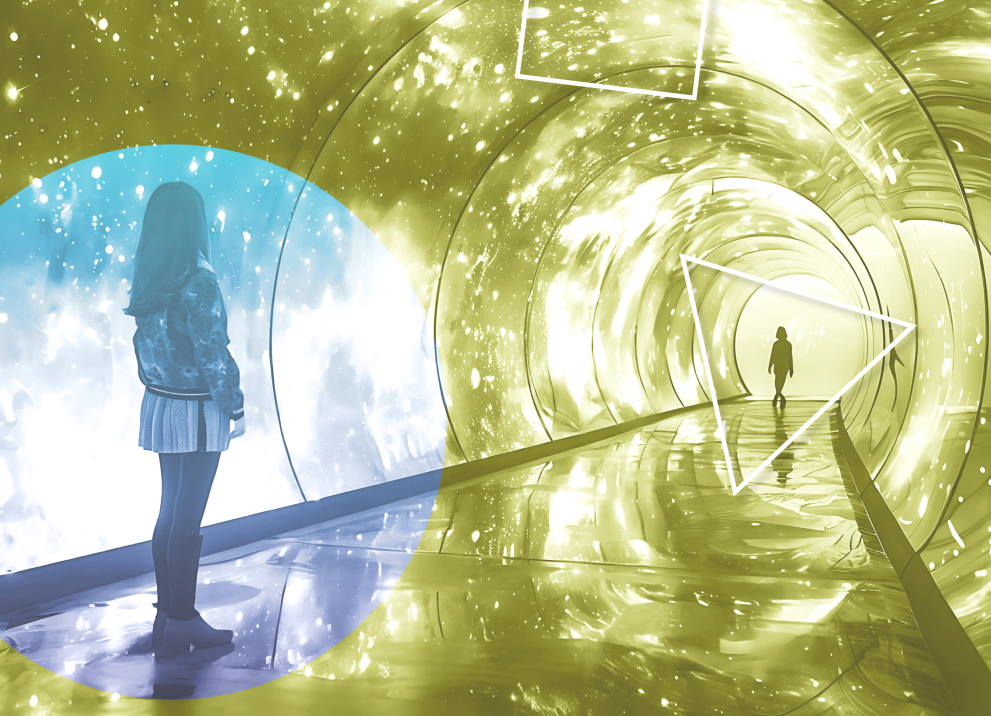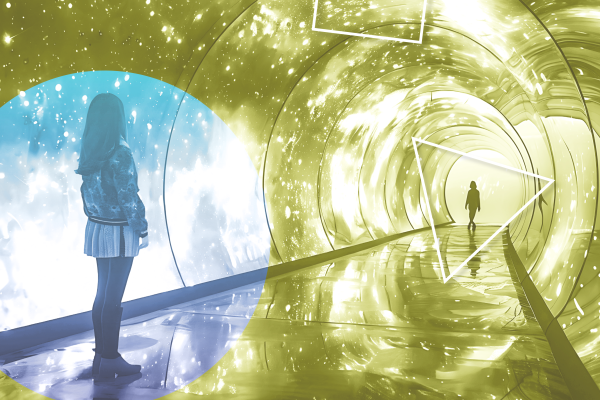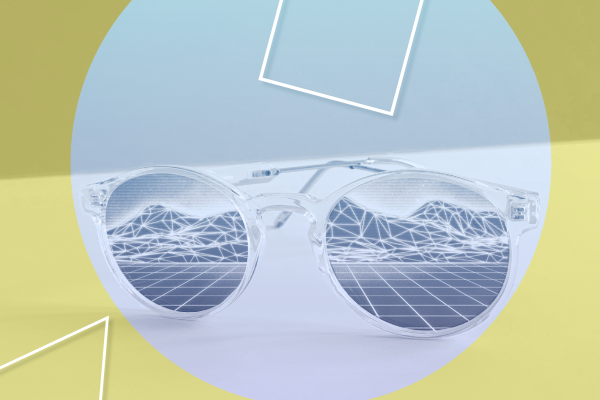
Imagine a Europe where the voices of the young, the old, those yet to be born, and even the living world (animals, plants and ecosystems) are all heard and valued equally around the same table. As ambitious or even utopian as this sounds, this is precisely what we aimed to do with the first Intergenerational Council, piloted by the EU Policy Lab, together with Climate Europe, in aid of Commissioner Glenn Micallef’s mission to deliver the first EU strategy for intergenerational fairness.
There’s a guiding question at the heart of this year-long work to develop an intergenerational fairness strategy for the EU: ‘what if our choices today truly accounted for their impact on tomorrow’s Europeans, not just those alive and voting right now?’, which helped us design this new approach. For too long, contemporary policy debates have pitted generations against one another (“Boomers vs. Gen Z,” “Millennials left behind” etc.) forgetting the reality that generations are not isolated, but forever interconnected, both in legacy and responsibility.
With the Intergenerational Council we wanted to switch up the tired script of generational blame and stereotypes. So we reframed generations as parts of a living ecosystem, each with unique assets, wisdom, and vulnerabilities, all linked by shared hopes for a just, sustainable future.
To make it work, we created a custom mix of visionary foresight, imaginative design, and behavioural insights, to turn the ‘Council’ into a living laboratory for policymaking that listens, learns, and adapts.
Listening to the future with foresight
We drew inspiration from intergenerational dialogues such as the Intergenerational Dialogue on Plastics, organised by the United Nations Environment Programme (UNEP) on World Environment Day 2025, or the National Town Halls, organised by the United Nations Foundation. Many of the stakeholders who have been closely engaged in the ongoing development of the strategy for intergenerational fairness have also called for such a dialogue.
As a result, we adapted the Future Design approach, inspired by pioneering Japanese research, through which we asked participants to step into the shoes – or in our case wear the vest - of future generations. We brought together some 40 people representing different generations not just to defend their immediate interests, but also to advocate on behalf of those unborn, to radically expand the moral imagination of everyone involved. We also drew inspiration from the Dutch “Zoöp” methodology, giving voice to the needs of the environment and all living beings, represented by human “translators”, a vital gesture at a time when planetary health is inseparable from human welfare.
Debunking generational myths with behavioural science
We connected it to a behavioural analysis which revealed just how superficial generational labels tend to be. Participants to our survey overwhelmingly saw nuance: they were far more inclined to see differences within generations (shaped by class, geography, and opportunity) than fundamental divides between them. Historical events, they said, don’t land the same way in every country, let alone every home. These findings revealed that strong generational boundaries cannot guide fair policy, thereby resetting the stage for authentic, bridge-building dialogue.
Creating safe, creative, collective space through design
To ensure success, we used participatory design: groups worked backwards from their visions for the future, “backcasting” to identify the practical steps and alliances needed today. This meant thinking beyond the next election: what legal, technological, and community innovations would make these visions real?
Thanks to the Council, we gathered quite a few insights - not all of which were comfortable. Participants called for a retooling of education to keep pace with ethical technology; for local communities to co-design housing solutions; for civil society’s voice to be amplified in EU decision-making; and for sustainable wellbeing, not just the absence of conflict, to anchor the meaning of peace. All agreed that any future fit to inherit must value solidarity as much as growth, cooperation as much as competition.
We were joined by Commissioner Micallef, who was listening in to understand how we at the European Commission can support the ideas put forward by the Intergenerational Council. In his intervention, he highlighted that we must work together with communities at the local level, to make these ideas come to life.
"We need to have an intergenerational vision building on how we would live in the future... Every community has a seniority council, the youth council. We should bring them together and invite people from different generations, talk about their problems and together create this vision of the future."
"The idea that we had is that technology serves the living, which means that it no longer serves the purposes just of economy or some individual's interests, but it serves the society, the living in general, also the environment."
Quotes from some of the participants to the Council
Redefining what ‘fair’ really means
A key lesson has been that fairness across generations requires more than policy tweaks: it needs something more like a cultural transformation. It means designing processes where dialogue and inclusion isn’t an afterthought, but the starting point. It means building trust not just between ages, but between sectors, geographies, and lived experiences. And, most powerfully, it means refusing to see “the future” as someone else’s problem.
We hope that our Intergenerational Council is not the end point, but a prototype for a new kind of policymaking, that dares to consider not just who is at the table, but who is missing, and what it takes to ensure that everyone, including nature itself, has a seat.
We will continue our work towards the future EU Intergenerational Fairness Strategy in the autumn. Policymakers and experts will join forces for the conception of concrete policy ideas, and connect with citizens, who will respond to, revise, and add to these ideas via the ongoing Citizens Engagement Platform and the upcoming Citizens’ Panel on Intergenerational Fairness.
We would like to see how similar ‘councils’ can be supported and initiated at every level, from Brussels to village halls, showing that generational justice is essential for the EU’s project of solidarity and sustainability. In this way, we intend to continue and strengthen the path laid out in the European Commission's corporate guidance on citizen engagement, which aims to help European Commission services select the most effective citizen engagement methods for their specific policy needs.
What are you doing to make sure you are a ‘good ancestor’?
* The Intergenerational Council for the EU Intergenerational Fairness strategy was developed and organised together with Generation Climate Europe, the largest coalition of youth-led networks on climate and environmental issues at the European level.
Details
- Publication date
- 6 August 2025
- Author
- Joint Research Centre
- Department
- Directorate-General for Education, Youth, Sport and Culture
- EU Policy Lab tags








